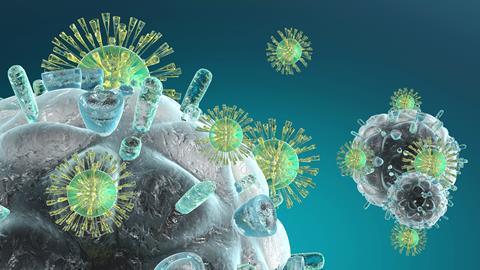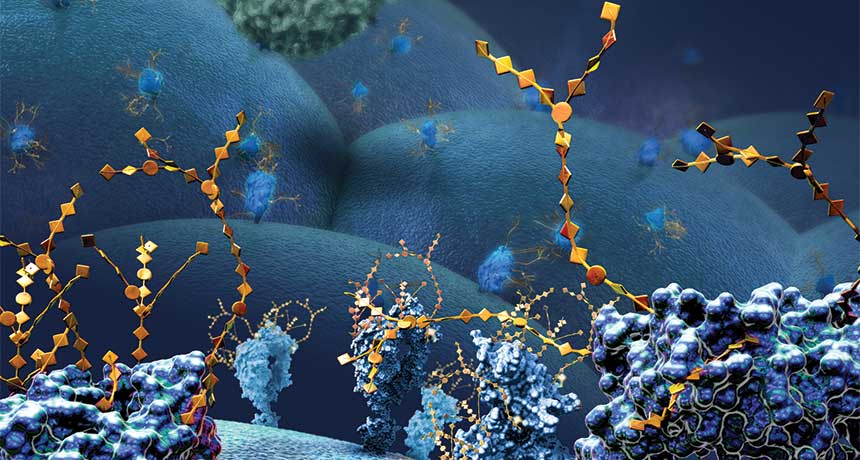You have already read the previous articles where I have explained about fucoidan effects and immunomodulation. Based on the previous explanation of immunomodulation with fucoidan, in this article, I am going to provide more detail about the fucoidan effect of immune and cancer treatment.
According to “Fucoidan as a Marine Anticancer Agent in Preclinical Development” by Jong-Young Kwak. Based on the research of Maruyama et al. that mice fed Mekabu fucoidan derived from Undaria pinnatifida. They fed mice for ten days before the subcutaneous injection of lymphoma cells. The mice were then given the same menu for 40 days. Cell proliferation was significantly suppressed in these mice. However, tumor growth was not inhibited in mice who were fed with fucoidan diet only 40 days after the injection of lymphoma cells. The researchers suggest that this anti-cancer activity might be due to activation of the immune response initiated before injection of the cancer cells, rather than the direct cytotoxic effect of fucoidan on lymphoma cells.
In vivo, studies have further cleared up the potential mechanism of the fucoidan-mediated anti-cancer immune response. For example, fucoidan affects the activity of immune cells and the production of cytokines. The T cell-mediated killer activity of NK cells enhanced in mice treated with fucoidan compared to control mice. NK cell activation was associated with increased production of interferon (IFN)-γ and interleukin (IL)-12 by splenic T cells from mice fed with fucoidan.

To clarify further, the oral administration of fucoidan increased the number of splenic NK cells in tumor-bearing mice. It is suggested that immune stimulation and immunosuppression are consistent in cancer patients. That is why the deactivation of specific cytokines may offer a fresh and novel anti-cancer therapeutic approach. Immunosuppression by cancer is associated with defects in the IL-12–IFN-γ HLA-DR axis. Proinflammatory cytokines such as IL-12 are essential for inducing Th1 responses. In vitro experiments in our laboratory have shown that IL-12p70 and IFN-γ secretion is enhanced by co-culturing fucoidan-activated human peripheral blood DC cells with T cells.
In contrast, fucoidan-activated DC alone failed to produce IL-12p70. On the other hand, according to Hu et al., fucoidan has been shown to enhance DC maturation from CD8 + T cells and cross-presentation of the cancer-testis antigen NY-ESO-1 and enhance T cell cytotoxicity against NY-ESO-1 expressing cancer cells. Interestingly, it found that fucoidan increases NY-SEO-1 binding to human DC. Cancer immunotherapy using in vitro generated DC is safe in clinical trials in combination with DC activators. Thus, co-administration of DC and fucoidan in tumor-bearing mice was observed to significantly reduce tumor growth compared to the administration of DC or fucoidan alone. Therefore, fucoidan can regulate the anti-cancer immune response against different types of cancer cells.

As per the above research, you can establish how fucoidan helps to work on cancer cell treatment.
